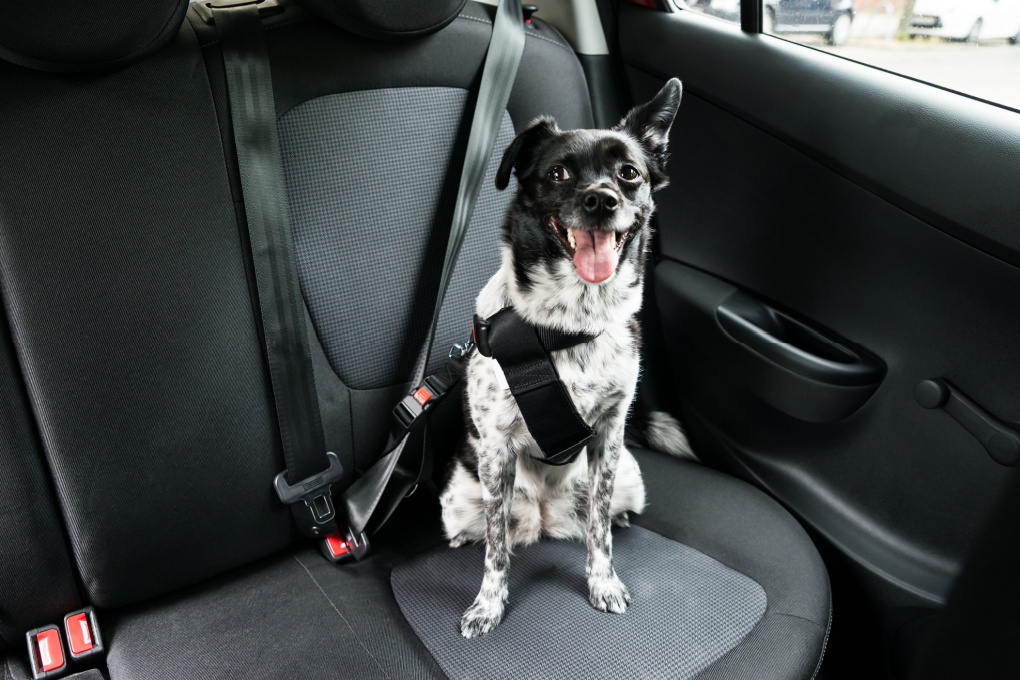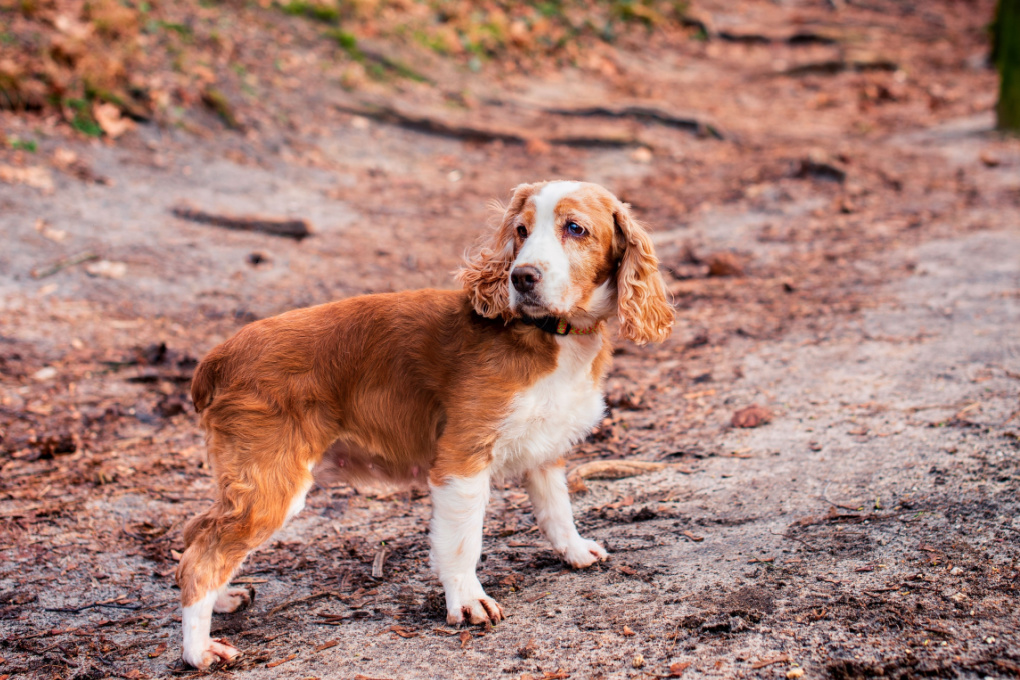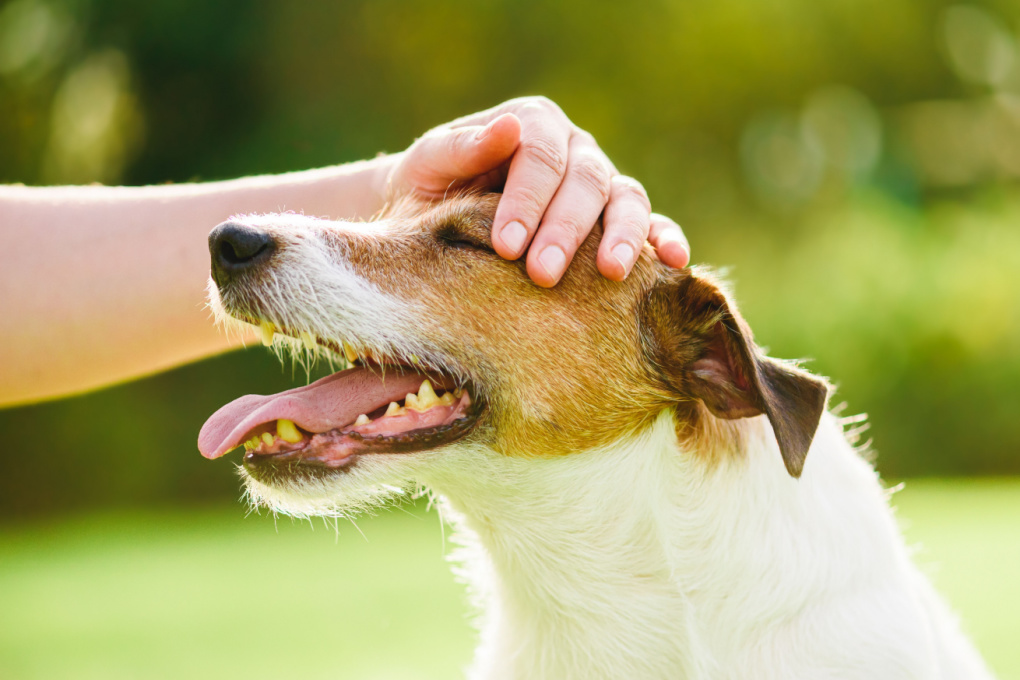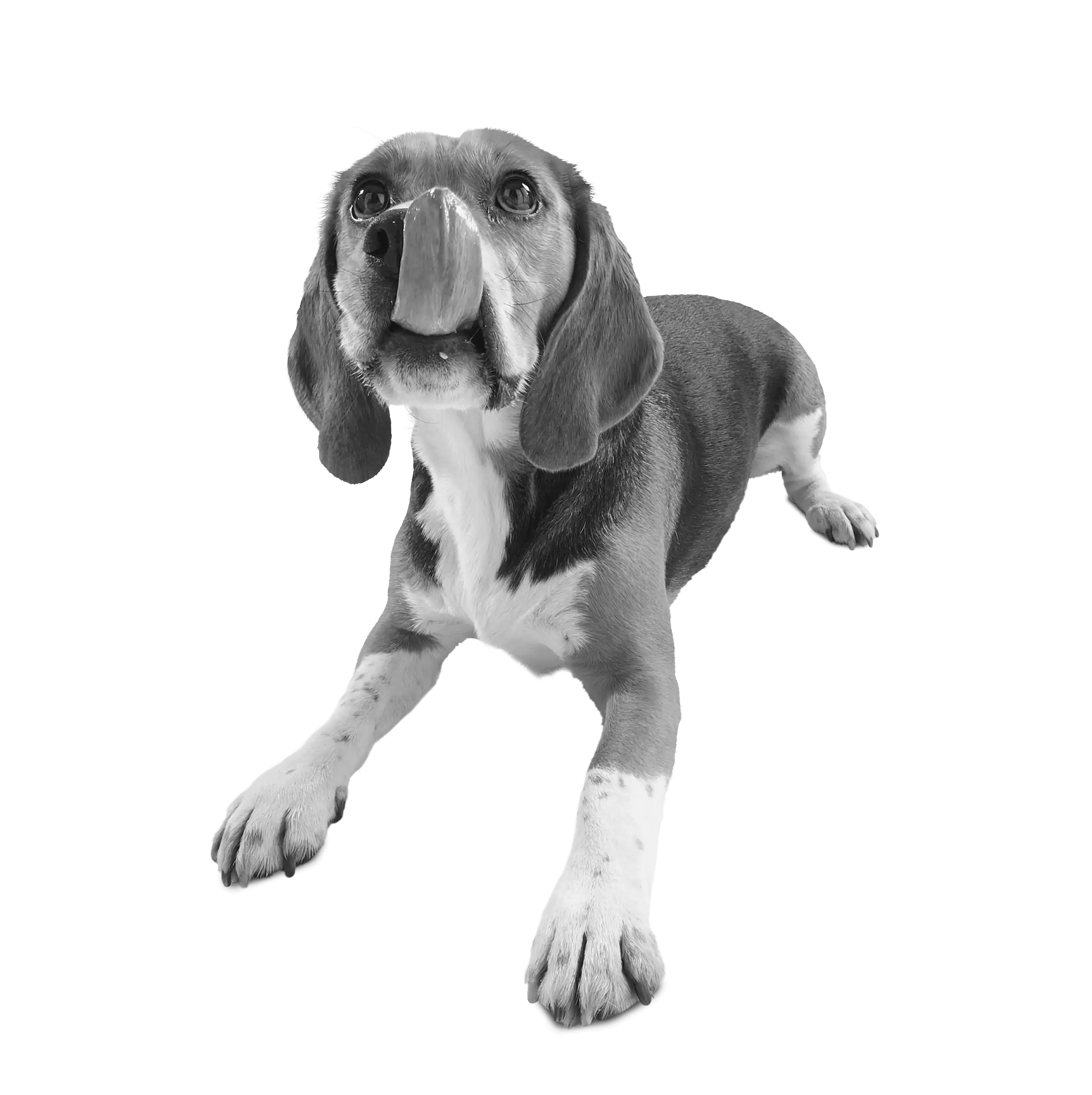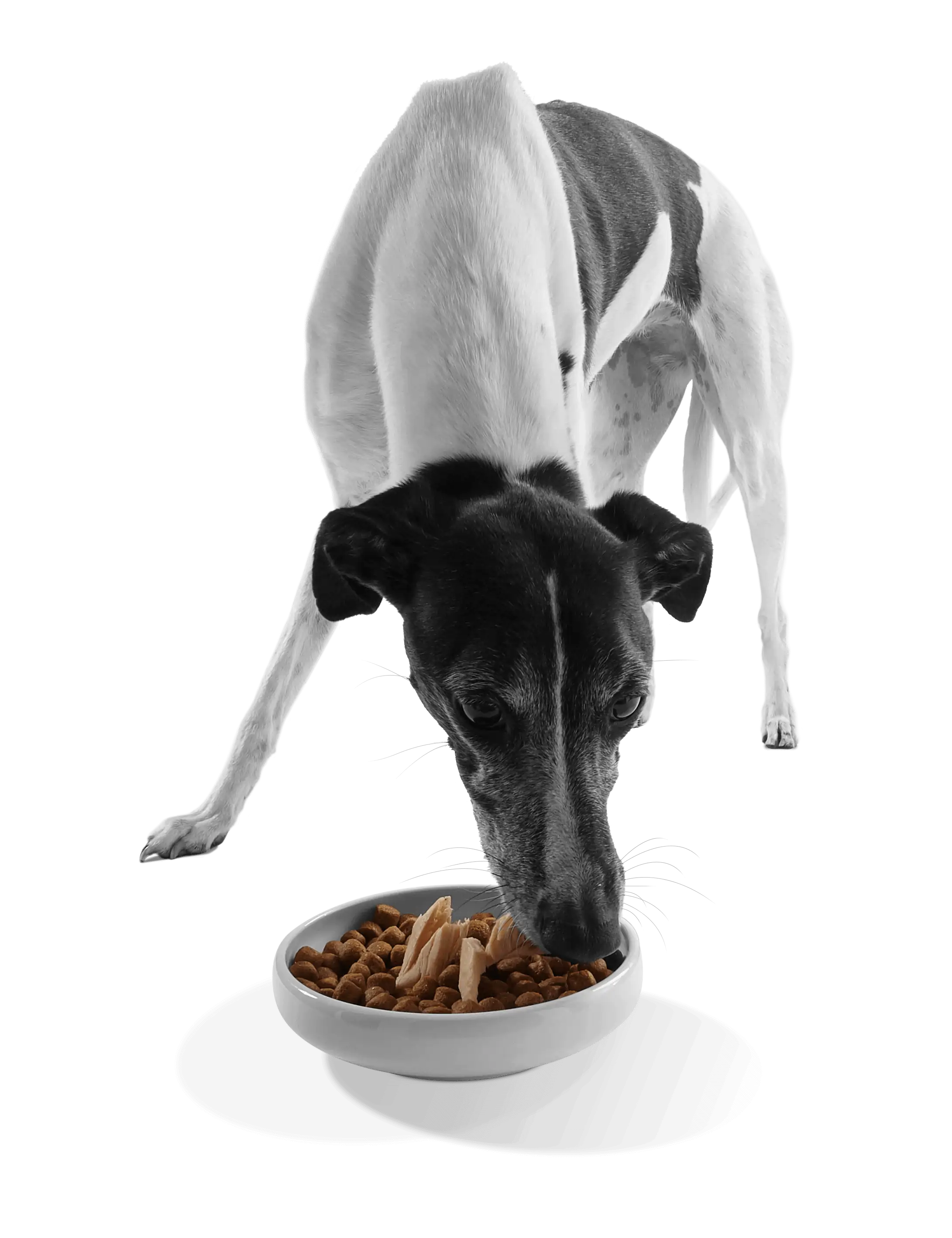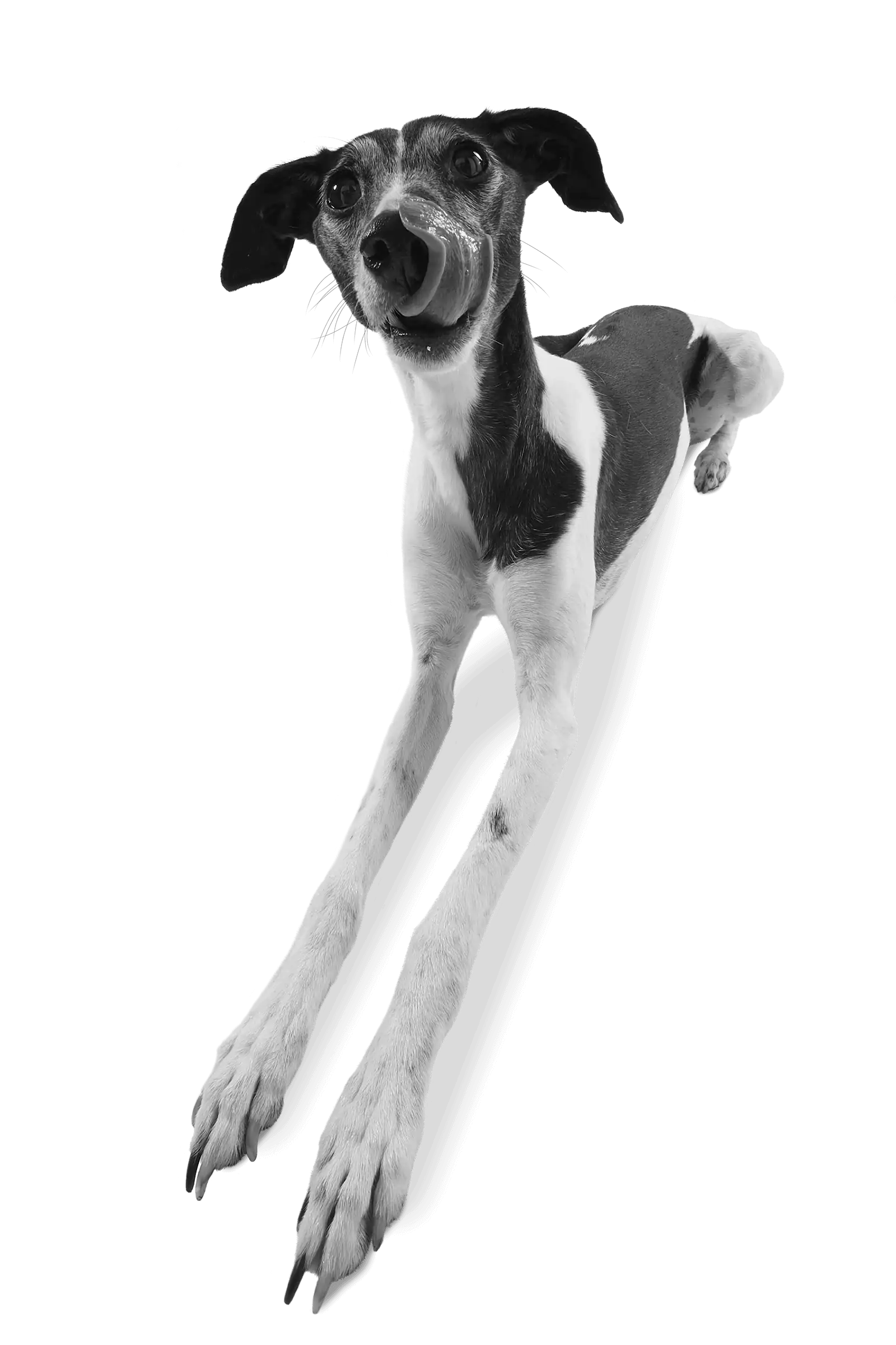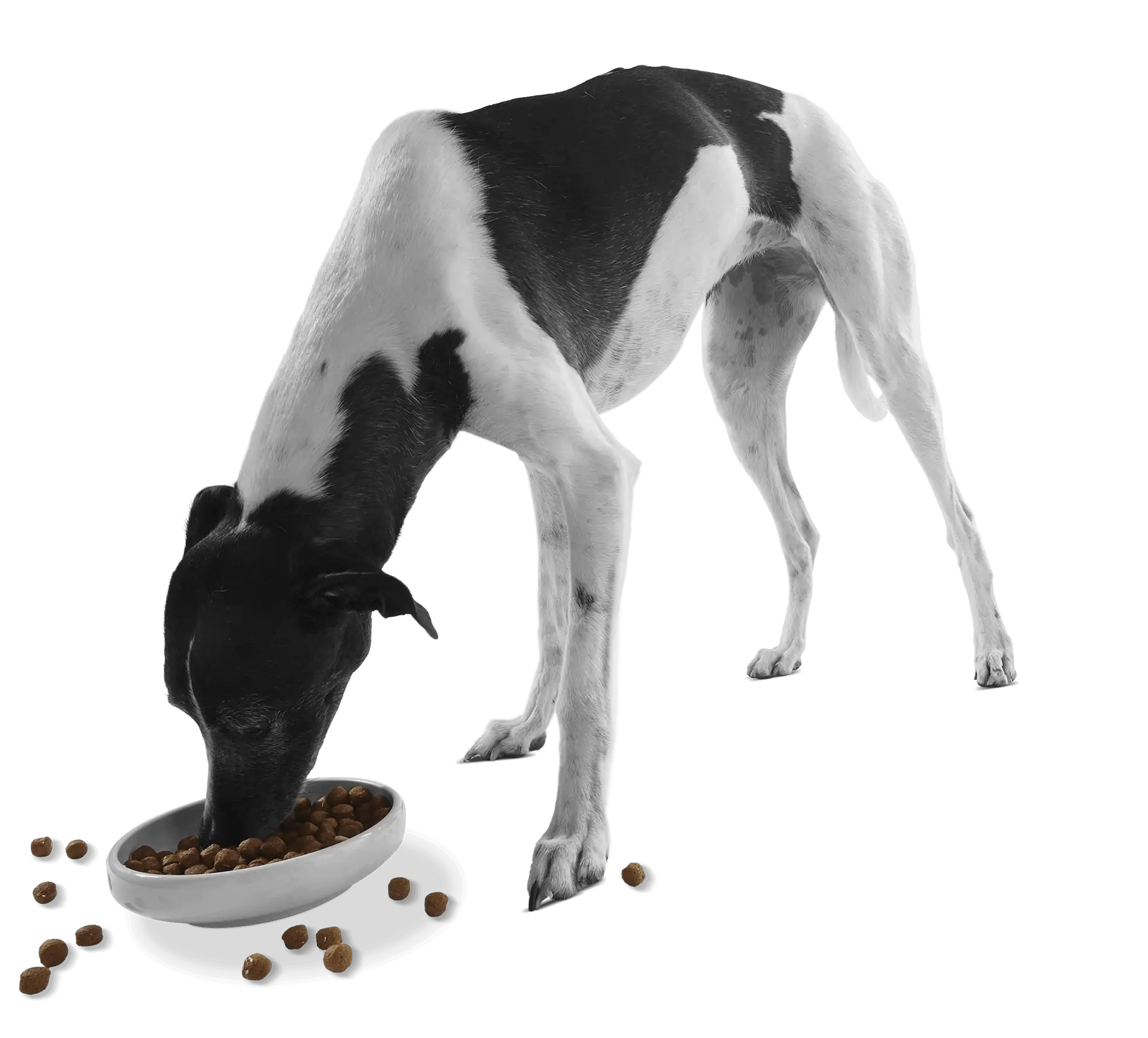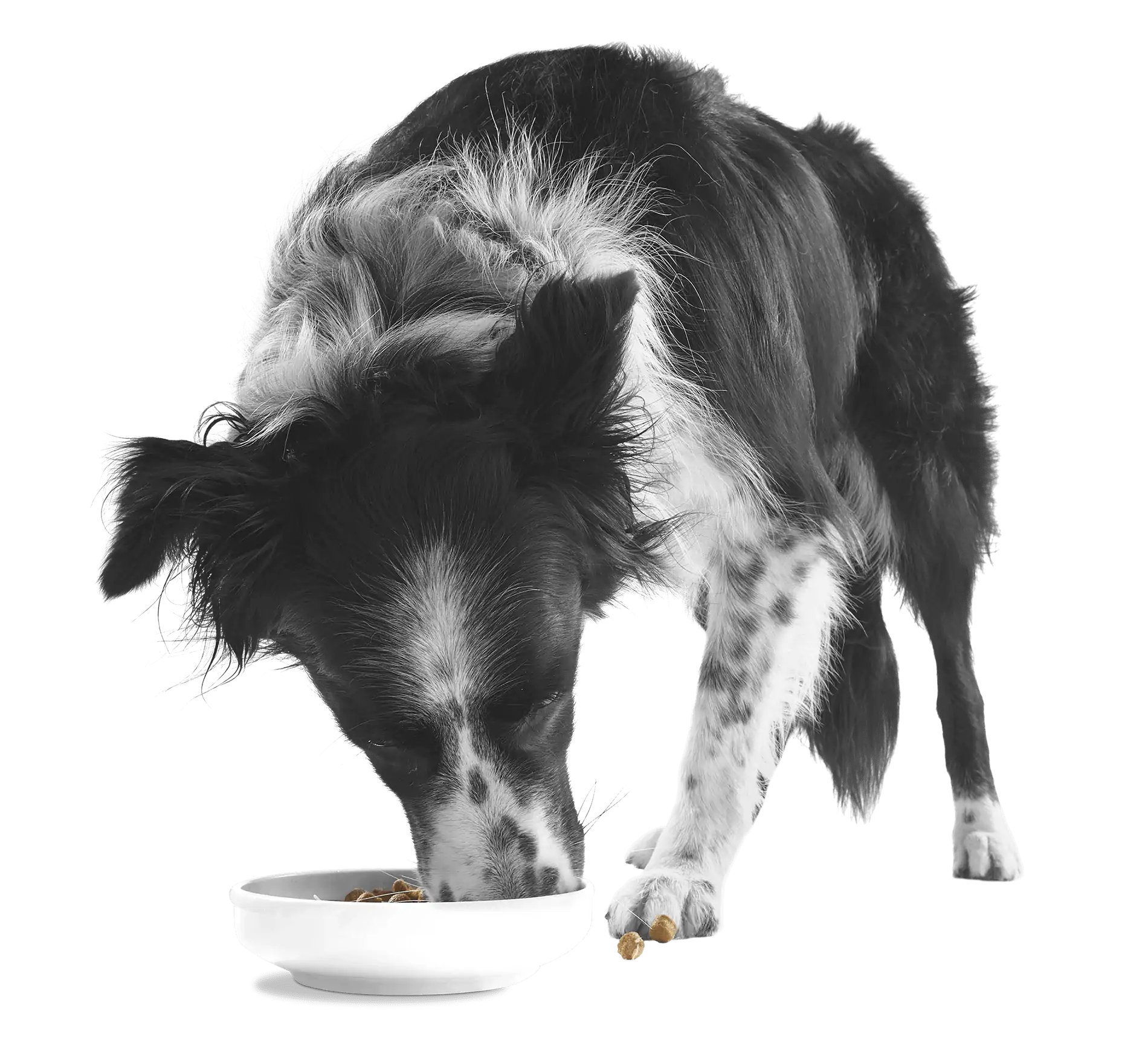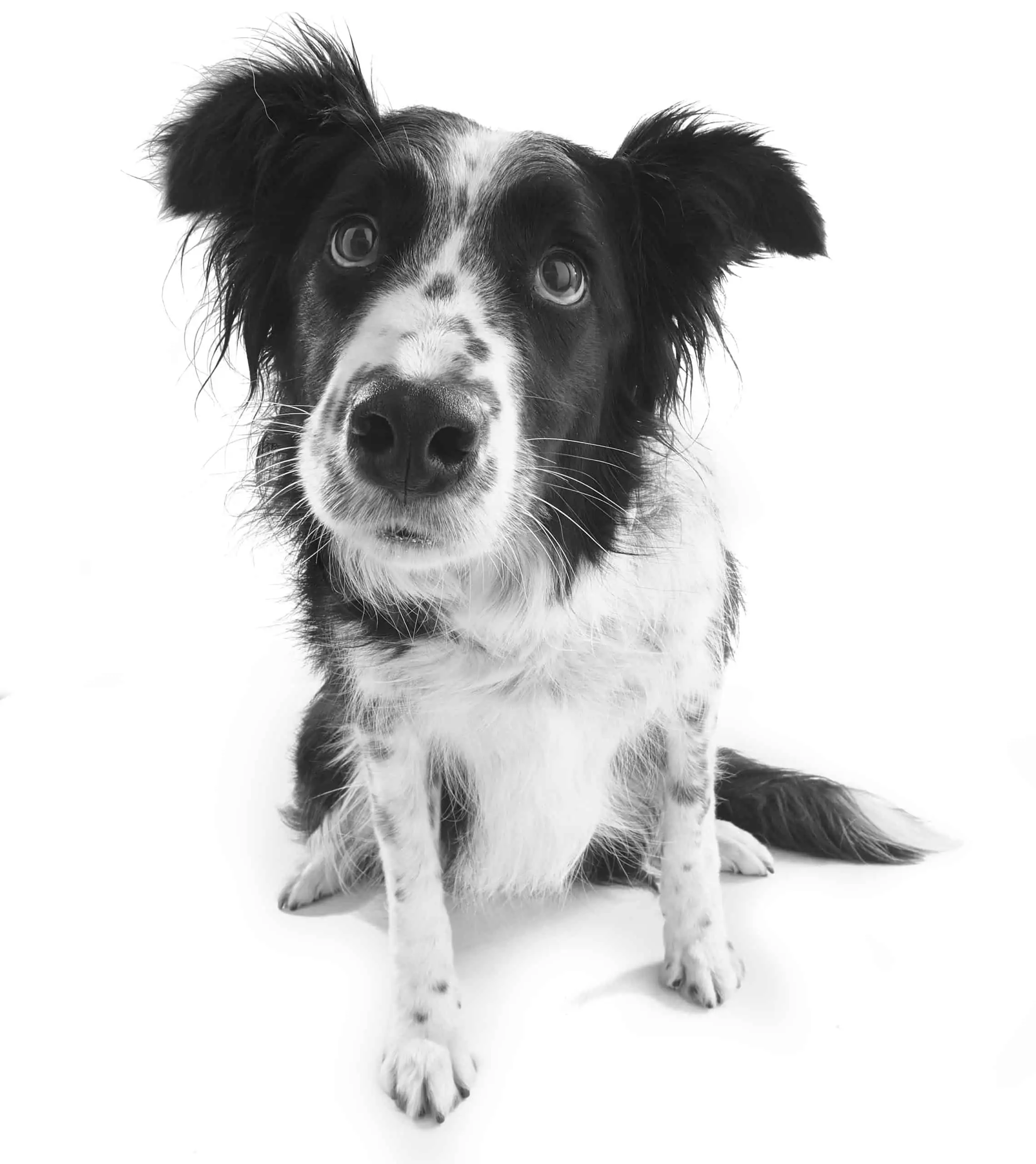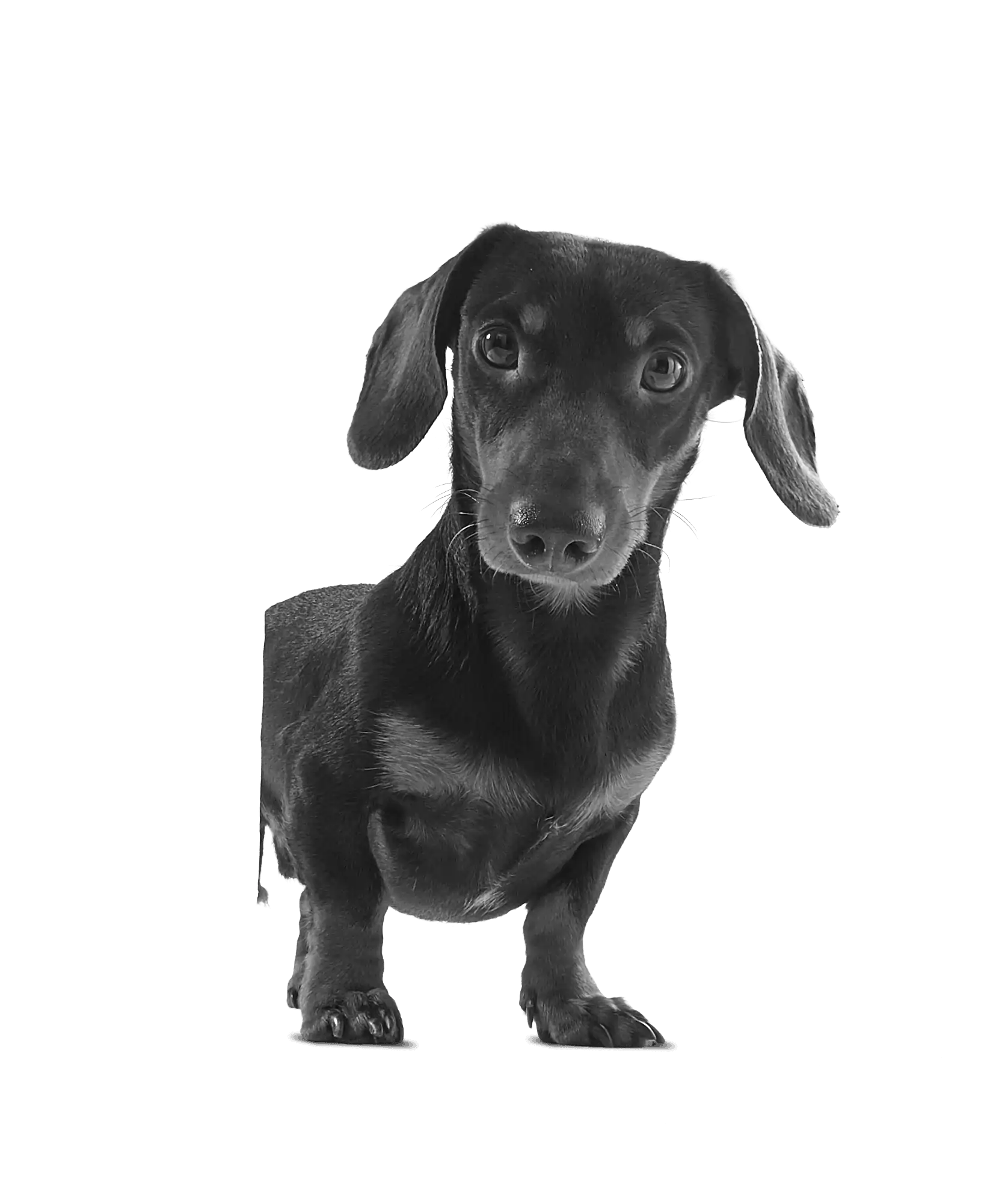Are you scratching your head wondering, ‘Why does my dog dig at the carpet?’ Well, the short answer is it’s instinctive.
The only hidden treasures in your rug may be pet hairballs and biscuit crumbs – but the great granddogs of olden times dug up the earth to find food or make a den for shelter. Some were even bred to hunt and flush out animals living below the ground.
That innate habit might be impractical now that your furry pal has a bowl of treats and the fluffiest bed ever seen.
So beyond survival, why do dogs dig the carpet?
3 main reasons why your dog is ‘digging’ the carpet
1. Comfort
Your puppy might be following its instincts by putting claws to cushion or carpet to seek shelter from the heat or cold, just like they would dig in the dirt outside, or their ancestor the wolf would make a den to protect offspring from the harsh weather. It can be a form of temperature control; a way of trying to make a snuggly spot for their afternoon snooze.
2. Anxiety or boredom
Your four-legged friend might be an emotional digger. Just like we humans might tuck into a bag of crisps or a box of chocolates when we’re upset, a bored or anxious dog might turn up the earth (or your furnishings) to self-soothe. Digging could be displacement behaviour to release energy when excited or frustrated. Observe if they are doing it obsessively or at regular times – like when you leave – as this could be a sign of separation anxiety.
3. Learned behaviour
Dogs love humans. In particular, they love when we shower them with affection. Every doggy parent knows the feeling of hanging off a double bed because their pet is cuddled up as close as possible. So if they see that digging gives you the giggles or wins them strokes because it’s cute and funny, they might learn to repeat the behaviour for attention.
Here’s how you can stop your dog from digging the carpet
- Redirect their energy: As some breeds, like Terriers, were bred to hunt and flush out animals from burrows, you might not entirely stop them from digging since it’s in their genes. But you can help them curb their urges. If your furry friend is excited when they hear another dog barking or see a bird in the garden, then play and exercise are your best mates. To distract them from excitedly shredding the carpet, play together, take them for a walk, or let them roam in the yard. Puzzle toys are a great way to keep them busy.
- Provide mental stimulation: Some pups get their kicks from tearing up your cushions. If you work long hours and suspect your pet is bored, provide plenty of fun and different toys to keep them occupied. Hiring a dog walker can offer them much-needed time outdoors to exercise and release pent-up energy. Hopefully, they will return home ready to snuggle down for an afternoon nap.
- Ease separation anxiety: A carpet that’s shredded near the front door might indicate that your pet not only misses you, but is anxious whenever you leave the house. Digging becomes a destructive way to self-soothe. Helping your dog deal with separation anxiety in healthier ways can take time and may require medication and professional help. Patience and love are the perfect canine tonics.
- Create a cosy den: Your pushy pup might dig the carpet – like a wolf would stomp the ground – to alter the surface and make it more comfortable. Buy them an irresistibly plush bed for those much-loved Zzzzzs, and then make a fuss of them when they use it to reinforce the behaviour.
- Keep them cool or warm: Some dogs will dig into the carpet to regulate their body temperature. To make sure they’re comfortable, put on the air conditioning or open the windows, and give them constant access to fresh, clean water in the summer. And when it’s cold, try dressing them in a sweater, use a heating pad, or add an extra blanket to their bed to keep them warm.
Seek medical help if the issue worsens
Most people would bet their mortgage on dogs being the happiest animals in the world. But even they can feel bored, lonely, and frustrated.
Carpet digging is just one of the ways they tend to express their emotions.
You might not be able to completely stop them from clawing at your furnishings, given it is an innate behaviour, particularly for those bred to hunt.
But if it is persistent, see a vet to check if any mental or physical issues are driving it.
Exercise and mental stimulation are your dog’s best friends (after you): an hour’s walk or some exciting toys should do the trick.
If you liked this content, you may also like:





